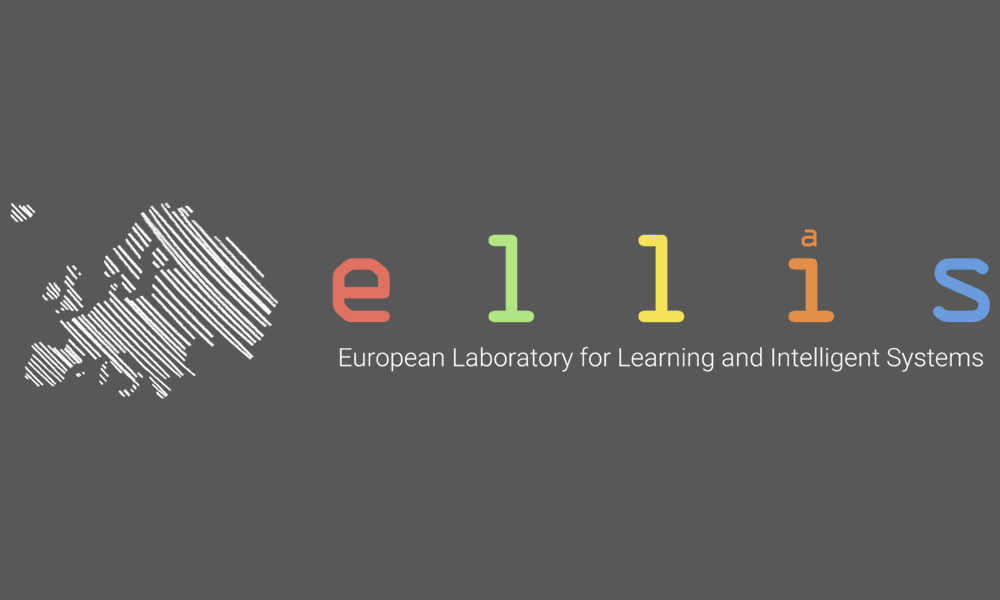SCIENCE
ELLIS Heidelberg aims to bridge artificial intelligence, life sciences
A newly established research unit will support artificial intelligence and machine learning in the life sciences and will link its activities in Heidelberg with other research institutes internationally. The unit is part of ELLIS – the European Laboratory for Learning and Intelligent Systems – and will enable substantial progress in data analysis in medicine and the life sciences. ELLIS Heidelberg was founded by scientists from the German Cancer Research Center, EMBL Heidelberg, and Heidelberg University.
Researchers from all life science disciplines – from fundamental biological research to medical applications – generate immense datasets. Analyzing these datasets and gaining new knowledge from them is a growing challenge for scientists. The fields of artificial intelligence (AI) and machine learning are developing fast, and their tools and methods can help researchers to carry out large-scale data analysis more efficiently. However, these methods have so far been largely untapped in the life sciences.  {module INSIDE STORY}
{module INSIDE STORY}
A newly founded research unit of the European Laboratory for Learning and Intelligent Systems (ELLIS) will bring together the best AI researchers in Heidelberg – working in medicine or the life sciences – to increase the level of cooperation between the participating institutes and ensure that AI research in Heidelberg can have an international impact. “The ELLIS unit in Heidelberg is intended as a bridge, connecting the life sciences sphere with the world of AI,” says Anna Kreshuk, a group leader at EMBL and one of the ELLIS unit co-directors.
ELLIS is a pan-European network of leading researchers in the field of artificial intelligence. The ELLIS network was inspired by the structure of EMBL and the European Molecular Biology Organization (EMBO). ELLIS has the ambition of promoting AI research in Europe and fostering novel innovations. The network currently comprises 28 units in 14 European countries.
Many AI research groups in Europe are embedded in larger institutions that do not focus on AI methodology and research. ELLIS aims to overcome this challenge by creating a network of researchers, all working with AI and machine learning procedures but supporting various scientific fields. This makes it easier for researchers to inform themselves about existing methods and share these methods with each other. “The methods used in different areas are often close to each other. However, due to the lack of exchange, a method developed in one field is often not used in another one, simply because people are not aware that this method exists. ELLIS aims to change that!” explains Anna Kreshuk.
“AI and machine learning are key technologies and innovation drivers for our future,” says Theresia Bauer, Minister of Science, Research and Arts for the German federal state of Baden-Württemberg. “Baden-Württemberg as a research location offers enormous potential in this field, which also includes the Heidelberg research institutions which are leaders in the development of AI applications in the medical and life sciences. I am pleased and proud that Heidelberg is the third ELLIS unit in our state to start working on the future field of the interface between AI and the life sciences. This means that ‘AI made in BW’ wins overall.”
The new ELLIS unit in Heidelberg focuses on questions arising in the life sciences, covering the fundamental principles of life, but also health and cancer research. This includes methods for the interpretation of medical imaging data, or for coping with the diversity of omics data, which encompasses a range of data types that provide complete genetic or molecular profiles of humans or other organisms. The unit will develop new methods for AI and will link technologies with data from the life sciences and make these available to the research community. “In Heidelberg, we want to demonstrate the enormous potential of AI and machine learning to enable us to better cope with the huge challenges of biomedicine, oncology, and the health sciences as a whole,” explains Oliver Stegle, a group leader at EMBL, Head of the Division of Computational Genomics and System Genetics at the German Cancer Research Center (DKFZ), and co-director and spokesperson of the new unit.
The new ELLIS unit brings together scientists from three leading Heidelberg research institutes: EMBL Heidelberg, the Heidelberg University, and DKFZ. “ELLIS Heidelberg offers a unique opportunity to combine the outstanding research in machine learning in Heidelberg and contribute to solving important medical problems,” says Carsten Rother, co-director of Heidelberg University.
While the founding members are already active in the ELLIS network, the newly established unit will allow them to work more closely together. It will also increase the international visibility of the AI research groups in Heidelberg, and will make it easier to hire talented people in this very competitive field. “We have to become a bigger player in the field to compete with other, dedicated AI research centres,” says Oliver Stegle. The unit has already planned not only its research activities but also an interdisciplinary training programme for young scientists. This new initiative is open for joint projects with industry and is already supported by an existing network of industry partners.
